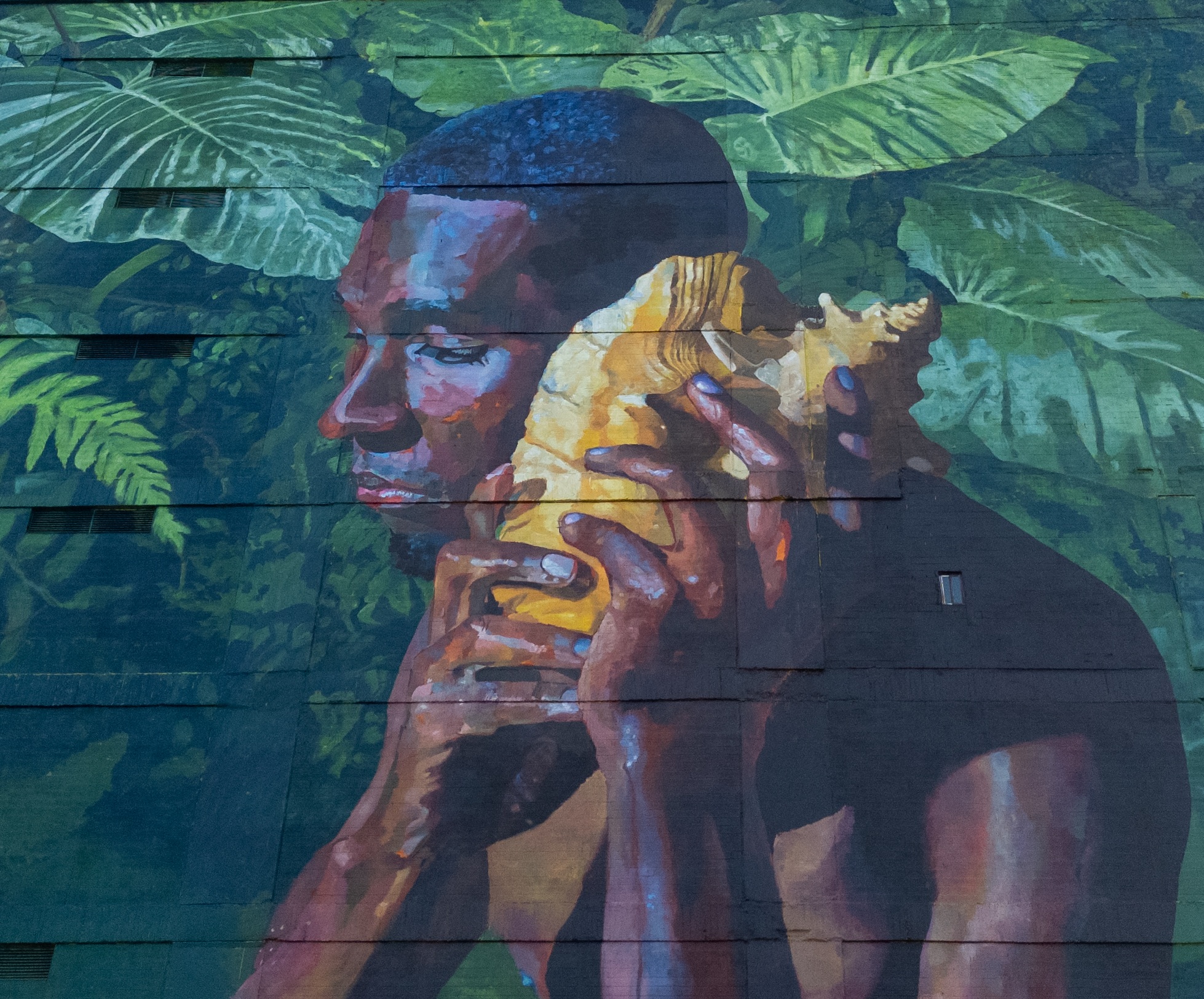Explore Issues
- Arts and Culture
- Decolonizing Thought
- Environmental Justice
- Health
- Languages and Education
- Science
- Social and Gender Justice
- Uncategorized
Filter by Country
-

Medellín Is Also Black
Colombia, 2026. Medellín is a place that has inspired songs such as “Me voy para Medellín” by El Combo de las Estrellas, “Medellín” by Madonna, and even “Medallo City” by Maluma, all of which praise its natural beauty, culture, and nightlife. However, the fantasy conveyed by the international music industry disappears just a few streets…
-

Medellín Is Also Black
Colombia, 2026. Medellín is a place that has inspired songs such as “Me voy para Medellín” by El Combo de las Estrellas, “Medellín” by Madonna, and even “Medallo City” by Maluma, all of which praise its natural beauty, culture, and nightlife. However, the fantasy conveyed by the international music industry disappears just a few streets…
-
Privacy Policy
Para leer nuestra política de privacidad en español, ver abajo. Awasqa operates a website, found at www.awasqa.org; operates a Facebook, Twitter, and YouTube pages; delivers newsletters and other content via email; and makes the same or similar content available to mobile users. Our Privacy Policy applies when you use any of these Services. It describes…
-

Natural Dyes as Part of Mexico’s Cultural and Spiritual Heritage: A Hands-On Workshop
This spring I had the great privilege of meeting Porfirio Gutiérrez, an educator and social justice activist from Teotitlán del Valle, Oaxaca, who with his Zapotec family is part of an indigenous movement striving to revive the ancient practice of handcrafted dyes for textiles. His sister Juana Gutiérrez Contreras has become a master in the…
-

Pequi, A Medicinal Tree, Promoted by the Indigenous Communities of Brazil Against Monocultures
In the Alto Xingu area, 16 indigenous communties of Mato Grosso, the most deforested state by the soja monoculture agroindustry, are struggling to preserve the rainforest and their way of life, as well as protect water, land and their territories. Among the species of endemic trees with which they have been reforesting the land is…
-

Restorative Justice for the Disappearance and Murder of Indigenous Women and Girls in Canada
The Government in Canada has embarked on a path of no return, exemplary, hard, full of regret, but a symbol of hope, even for all humanity. Institutionally, a truth commission was created to carry out a National Investigation on Missing and Murdered Indigenous Women and Girls. It is not the first continental effort to arrive…
-

Two Spirits, One Heart, Five Genders
SOURCE: Indian Country Today. Indian Country Today is a daily digital news platform and nonprofit organization that covers the Indigenous world, including American Indians and Alaska Natives. This story was originally published on January 23, 2016. For European settlers the Original Peoples way of life was perplexing, including the Two Spirits tradition. “The New World.”…
-

"Our spears are no longer enough to protect our territory." Legal triumph of the Waorani people on oil exploitation in the Amazon
After years of struggle and resistance, the Waorani communities created a territorial mapping on the biodiversity of the region that comprises its territory, led by the community and organization in the field, the Waorani Peoples of Pastaza , who have joined together to defend their ancestral territory: the last areas free from oil extraction and…
-

ICHR to Hold Hearing on Suppression of Indigenous Resistance to Extractive Industries – Requested by over 70 organizations from Canada, Mexico & the US
The Inter-American Commission on Human Rights (IACHR) recently announced that it will conduct a hearing on the Suppression of Indigenous Resistance to Extractive Industries in North America. The hearing was requested by the Water Protector Legal Collective (WPLC) and the Indigenous Peoples Law and Policy Program and is supported by over 70 national and international…
-

IACHR to hold hearing on the right to indigenous resistance to extractive industries: requested by more than 70 organizations from Canada, Mexico and the United States
SOURCE: Originally published by the Water Protector Legal Collective, North America, translated into Spanish by Awasqa. Bismarck, ND – The Inter-American Commission on Human Rights (IACHR) recently announced that it will hold a hearing on the suppression of indigenous resistance by extractive industries in North America. The hearing was requested by the Water Protector Legal…